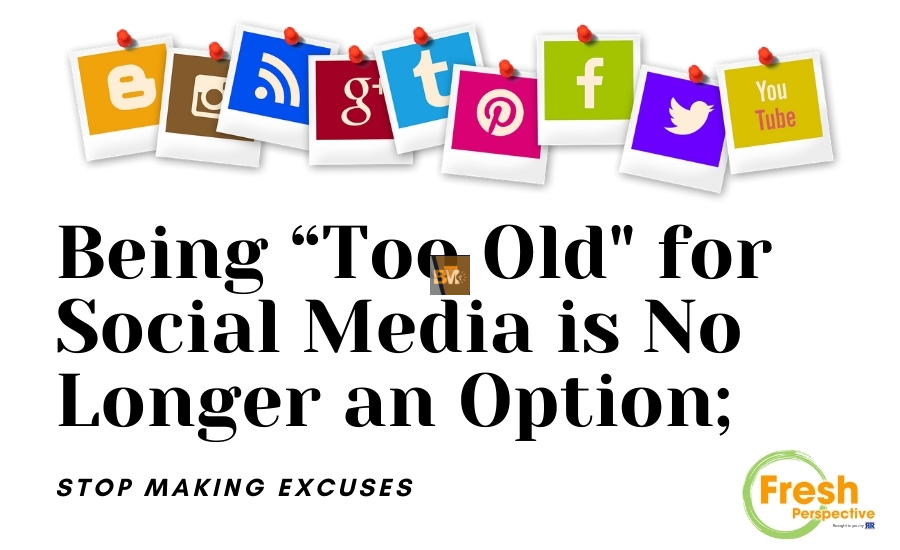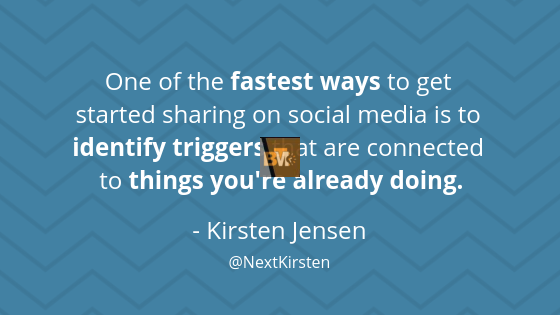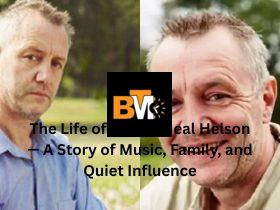Social media has become a huge part of our lives. We use it to connect with friends, share our thoughts, and stay updated with the world. However, many people now feel disconnected from their social media profiles. They no longer identify with the person they portray online. This can happen for many reasons, such as changing interests, personal growth, or the pressure of maintaining a certain image. In this article, we’ll explore why people feel this way, the signs that indicate you no longer identify with your social media profile, and how you can regain a sense of authenticity online.
Why Do People No Longer Identify on Social Media?
Over time, people change. The person you were five years ago is not the same person you are today. Social media, however, often keeps a version of you that no longer represents who you truly are. Here are some key reasons why people feel disconnected from their social media profiles:
- Personal Growth – As you grow and experience new things, your values and interests evolve. Your old posts, pictures, and interactions may no longer represent who you are today.
- Fake Online Persona – Many people create a perfect version of themselves on social media. Over time, maintaining this fake image becomes exhausting, making them feel disconnected from their profile.
- Social Media Fatigue – Constantly updating, posting, and engaging online can be tiring. At some point, you may feel like you no longer relate to the digital version of yourself.
- Privacy Concerns – Many users become more conscious of their online presence and feel uncomfortable sharing too much personal information.
If you have experienced any of these feelings, it may be time to rethink your relationship with social media.
Signs You No Longer Identify With Your Social Media Profile
Sometimes, people don’t realize they have outgrown their online persona until they start feeling disconnected. Here are some signs that indicate you may no longer relate to your social media presence:
- You feel like your posts do not reflect who you are anymore – You look at your old posts and feel embarrassed or disconnected from them.
- You hesitate before posting anything – You overthink what to post because you’re unsure if it aligns with the person you are today.
- Scrolling through your feed feels meaningless – Instead of enjoying social media, you feel exhausted or disinterested in what you see.
- You don’t enjoy engaging with people online – Conversations and interactions that once excited you now feel forced or unimportant.
- You no longer care about likes, comments, and followers – The validation you once sought from social media no longer matters to you.
Recognizing these signs can help you take steps toward a healthier and more authentic social media experience.
The Pressure to Be Someone Else Online

Social Media vs. Real Life
Social media often creates a distorted version of reality. People post only their best moments, making it seem like their lives are perfect. In reality, everyone faces challenges, struggles, and bad days. Comparing yourself to these unrealistic portrayals can make you feel disconnected from your own online presence.
Trying to Fit In Can Be Exhausting
Many users feel pressured to follow trends, use certain filters, or post specific types of content just to fit in. This can lead to stress and anxiety. Trying to be someone you’re not is tiring, and over time, it can make you feel lost.
You Are More Than Your Online Profile
It’s important to remember that your social media presence does not define you. Your real-life experiences, relationships, and personal growth matter more than likes and shares. If your online persona no longer represents who you are, it’s okay to take a step back and make changes.
How Social Media Affects Your Mental Health
Social media can impact mental health in both positive and negative ways. While it helps people stay connected, it can also cause stress, anxiety, and self-doubt.
- Comparison Trap – Constantly comparing yourself to others can lower your self-esteem.
- Fear of Missing Out (FOMO) – Seeing others enjoy their lives can make you feel like you’re missing out on something.
- Addiction and Overuse – Spending too much time online can reduce productivity and affect mental well-being.
- Cyberbullying and Negativity – Social media exposes people to criticism, hate, and negativity, which can be mentally draining.
If social media is making you feel anxious, unhappy, or disconnected, it might be time to make changes.
Steps to Feel Like Yourself Again on Social Media
If you no longer identify with your social media profile, here are some steps to regain authenticity:
- Clean Up Your Profile – Delete old posts that no longer represent who you are.
- Unfollow Accounts That Don’t Inspire You – Follow only those who bring positivity and value to your life.
- Limit Your Screen Time – Spend less time on social media and more time engaging in real-life activities.
- Be Honest in Your Posts – Share your real thoughts and experiences instead of trying to impress others.
- Take a Break If Needed – If social media feels overwhelming, consider taking a break to refresh your mind.
Making these small changes can help you feel more comfortable and authentic online.
Should You Quit Social Media?
Not everyone needs to quit social media, but if it no longer serves you, taking a break or stepping away completely might be beneficial. Here are some things to consider:

Digital Detox – Does It Help?
A digital detox, where you take a break from social media, can improve mental health and well-being. It allows you to focus on yourself, reduce stress, and reconnect with the real world. Even a short break can be refreshing.
Finding Real Connections Offline
Social media often gives the illusion of connection, but real-life relationships matter more. Spend time with family, meet friends in person, and engage in activities that bring you joy outside the digital world.
Steps to Feel Like Yourself Again on Social Media
If quitting social media is not an option, make small changes to create a healthier online experience:
- Post only when you feel like it, not out of pressure.
- Be selective about who you follow.
- Engage in meaningful conversations instead of seeking validation.
- Use social media as a tool for learning and positive connections.
Finding a balance between social media and real life can help you feel more at peace.
Thoughts: Be Yourself, Online and Offline
The key to a healthy relationship with social media is authenticity. Be yourself both online and offline. You don’t need to impress anyone or live up to unrealistic standards. Social media should be a reflection of your true self, not a false image. If you ever feel disconnected from your online persona, take a step back, make changes, and focus on what truly matters—your happiness and well-being.
The Bottom Line
If you no longer identify on social media, you are not alone. Many people experience this feeling as they grow and change. Social media should be a tool for connection, not a source of stress. Whether you choose to take a break, quit entirely, or make small changes, the most important thing is to stay true to yourself. Remember, life happens beyond the screen, and your happiness matters more than likes or followers.







Leave a Reply